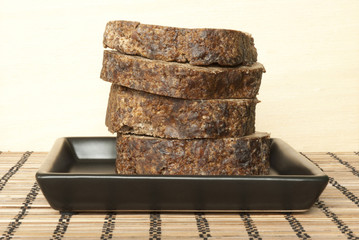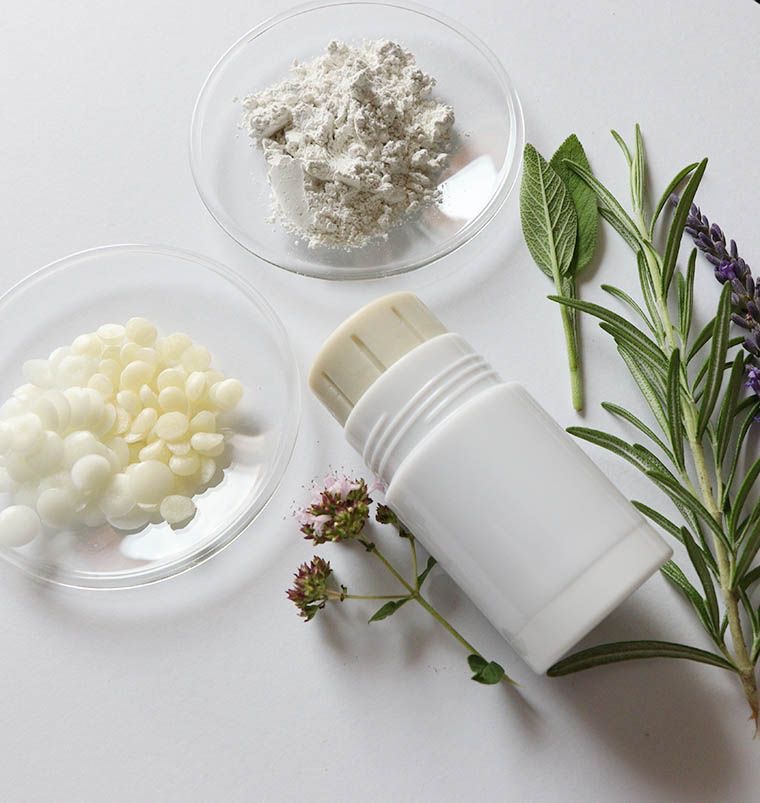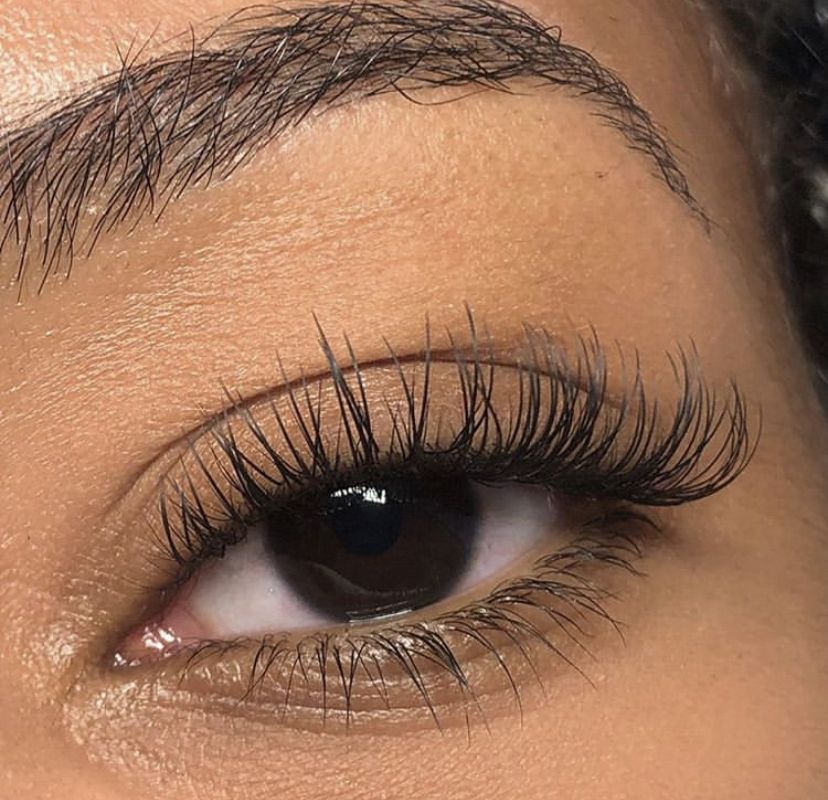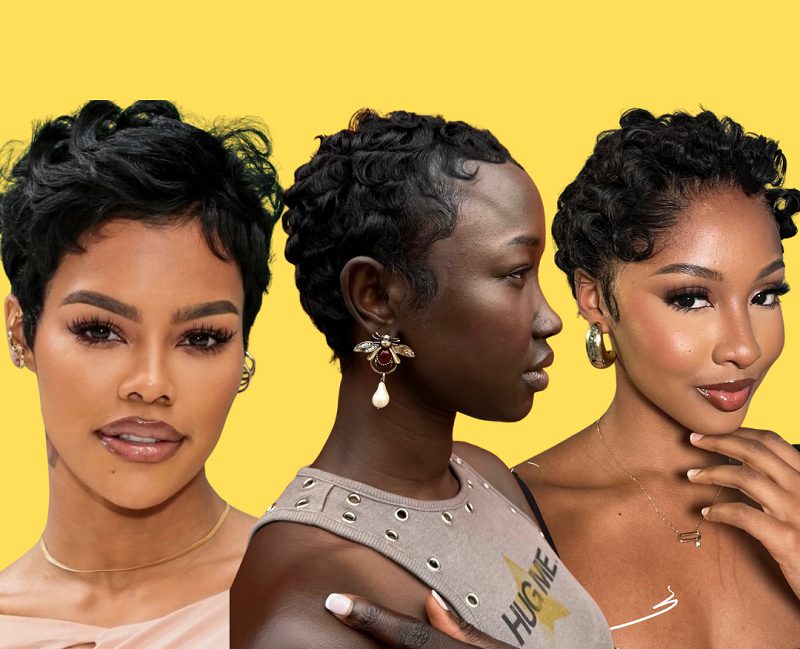The continent of Africa offers more than its breathtaking landscapes and rich culture; it has a wealth of natural beauty remedies. Africa is blessed with powerful herbs that nourish, beautify, and heal the skin. For centuries, before Botox and serums, African herbs have been mixed to make ointments, oils, and soaps that work wonders for the skin, either for injuries, healing, or as beauty products.
Science has helped us understand that African herbs are loaded with antioxidants, and essential minerals needed for healthy skin and a natural glow. If you are battling a skin condition, or if you just want a healthy glow, there are African herbs to grant your beauty wish.
Why African Herbs Are Skincare Treasures
African herbs are medicines, beauty secrets, and our tradition, leaving a trail of culture in every application. They are life, and they tell our story. From the soothing relief of aloe vera to sipping rooibos tea in South Africa, African herbs are timeless remedies. African herbs have holistic benefits, both within and out, unlike what synthetic skincare products offer, although cosmetics companies are beginning to infuse African herbs in their products and even use them as a selling point.
Let’s talk about five African herbs that deserve a spot in your skincare routine.
1. Aloe Vera (Found mostly in South Africa, Nigeria, and Eastern Africa)
Aloe vera relieves burns, reduces inflammation, lightens blemishes, and moisturizes the skin without clogging the pores. Its gel is high in vitamins A, C, and E and antioxidants, making it an effective hydration and healing herb.
Benefits: Relieves sunburn, moisturizes deeply, fades dark spots, and reduces irritation.
Traditional Use: Yoruba mothers spread aloe vera gel on their children’s skin to treat rashes and insect bites.
DIY Tips: Apply aloe vera gel directly on a clean face as a mask. Let it sit for 15 minutes and wash it off for an instant glow. You can leave an aloe vera mask on overnight. To treat acne scars, you can rub the fresh leaves of aloe vera on the affected spot in circular motions.
SEE ALSO: As A Black Woman, I Stopped Taking Skincare So Seriously. Here’s Why.
2. Rooibos (Indigenous to South Africa)
Rooibos plant is dried to brew a caffeine-free, herbal tea popular in Southern Africa. Rooibos has anti-aging properties; it reduces acne and brightens the skin.
Benefits: Rooibos tea contains zinc. It is used to treat eczema, acne, uneven skin tone and reduce wrinkles.
Traditional Use: Used to soothe infantile colic, allergies, asthma, insomnia, and skin issues.
DIY Tips: Brew a rooibos tea, let it cool, and use it as a facial toner. You can soak cotton pads in cold rooibos tea and dab or place them on your eyelids for 10 minutes to reduce puffiness and dark circles.
3. Baobab (Across Africa)
The baobab tree is of the hibiscus family, and it has unique features and benefits, especially its oil and powder, which are rich in vitamin C. It boosts elasticity and improves the skin’s dryness.
Benefits: It slows down signs of aging, restores elasticity, deeply moisturizes, and heals cracked skin.
Traditional Use: It is used for food, medicine, and cultural practices. Like how Northern Nigeria uses the oil to soften the skin and hair.
DIY Tips: Mix baobab powder with water, honey, or yogurt to create a face mask. You can also add droplets of baobab oil on surfaces of the skin as a moisturizer or to treat dryness.
4. Neem (Found in West Africa)
Neem is an antibacterial that is believed to cure almost anything related to the skin.
Benefits: Its antifungal leaves are used to treat infections, combat oily skin, and soothe irritation on the skin.
Traditional Use: Neem leaves are ground into a paste to clear chickenpox scars and eczema.
DIY Tips: You can make a face mask by mixing neem leaves that have been ground into a paste or the powder with rose water. Leave it on for 10–15 minutes to treat pimples or calm redness.
5. African Black Soap (Nigeria & Ghana)
The legend of the African black soap has been passed on from generation to generation. The black soap is one of the most iconic skincare treatments used in Africa. Although Black Soap itself is not a single herb, it is made from African herbs like plantain skins, cocoa pods, shea butter, and palm kernel oil. These ingredients all together have multi benefits, including deep cleansing, exfoliating, and moisturizing amongst.
Benefits: This soap is used to treat rashes and acne and exfoliate dead skin.
Traditional Use: Mothers trust this soap as a beauty product and even use it to bathe children.
DIY Tip: You can use this soap daily for bathing and even on your face. For sensitive skin, mix it with honey to reduce skin drying.
To incorporate African herbs in your skincare, always start with simple practices. While African herbs are natural, listen to your skin and consult a dermatologist if needed.







